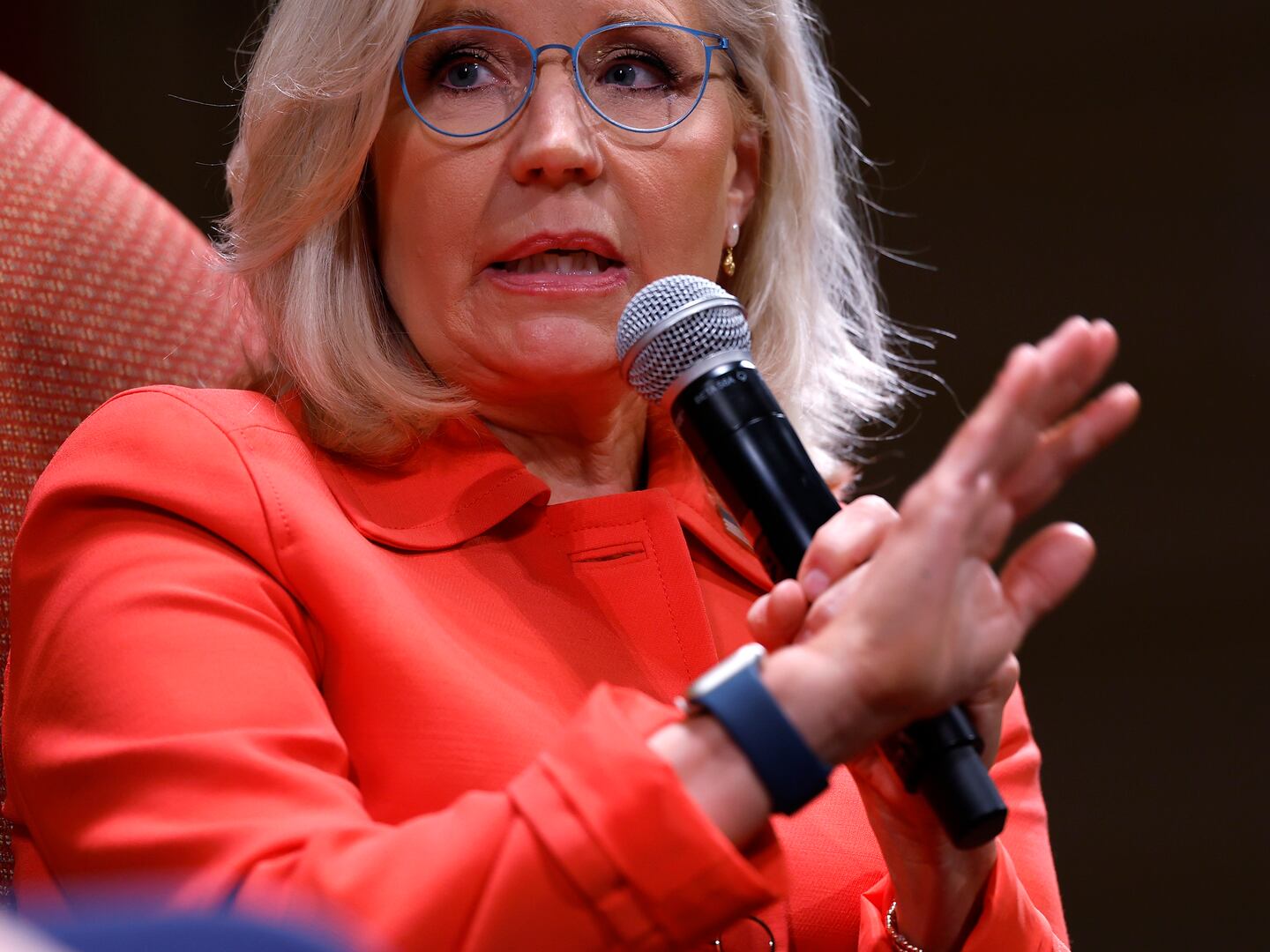Movies
Marvel Studios
Marvel Finally Made a Sex Scene in ‘Eternals.’ It’s So Bad You’ll Wish They Hadn’t.
MC-SCREWED
Where should we start—the bored facial expressions, the flaccid cinematography, or the complete lack of chemistry between two insanely hot people?





